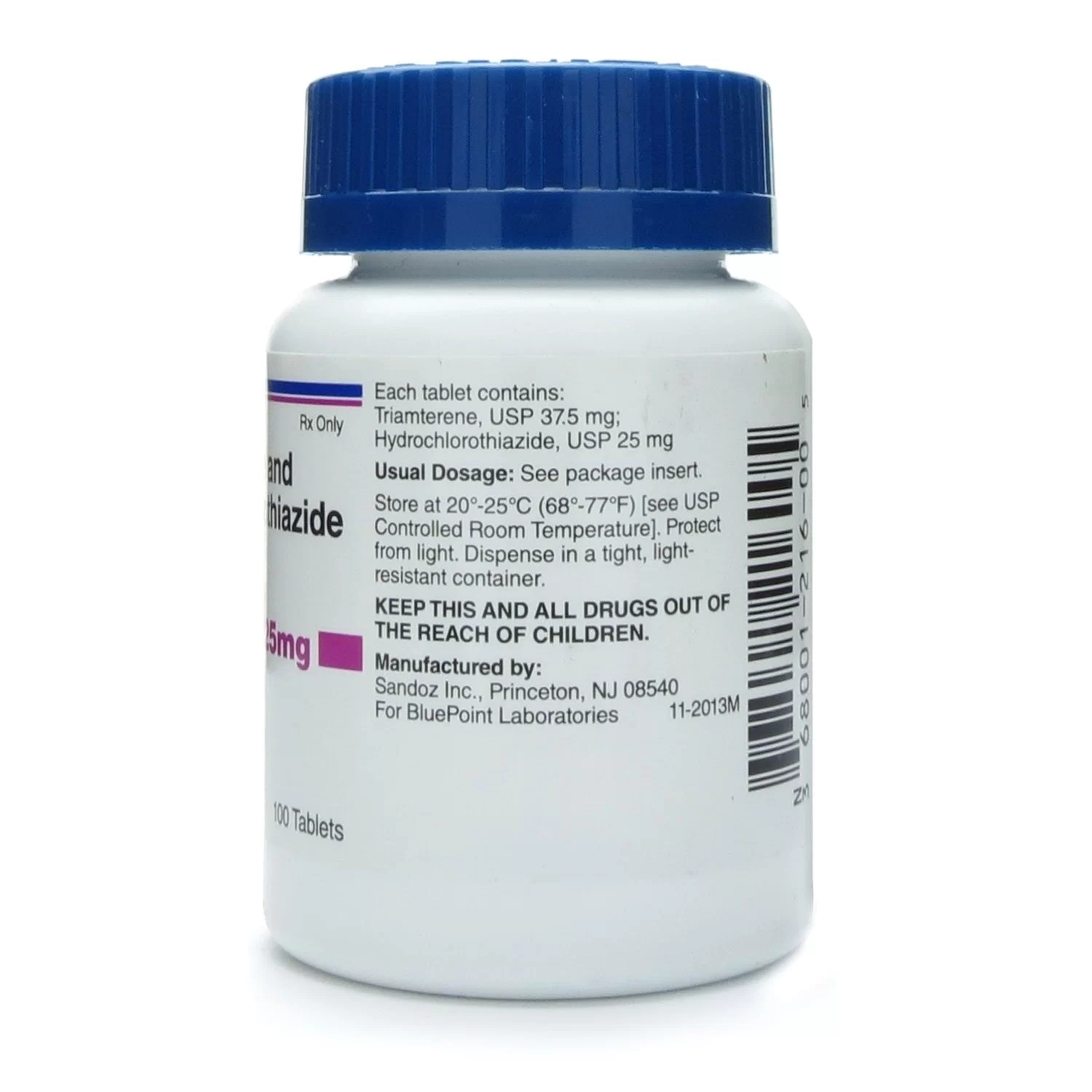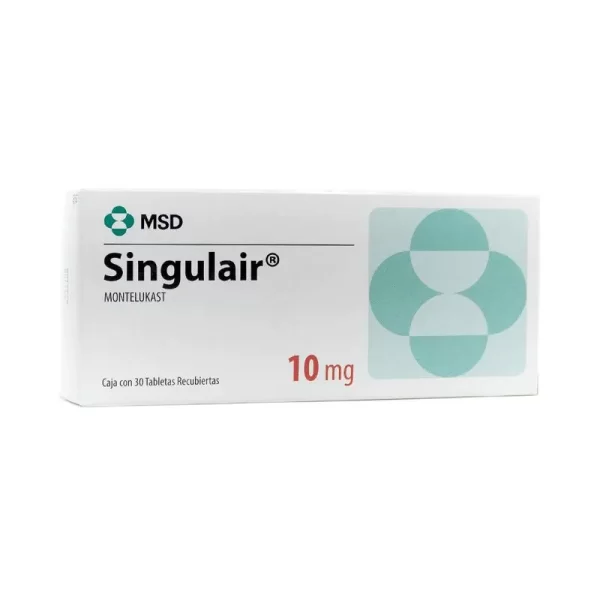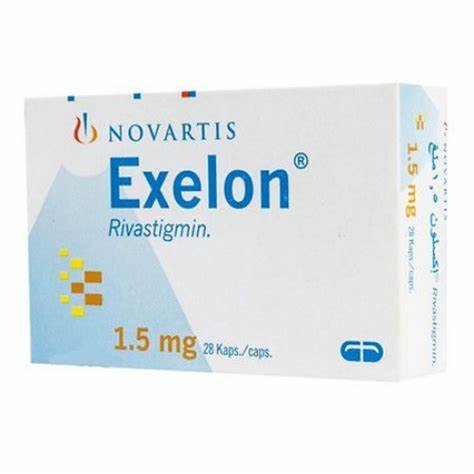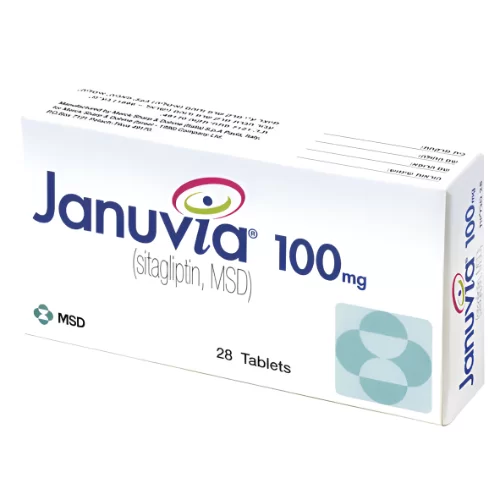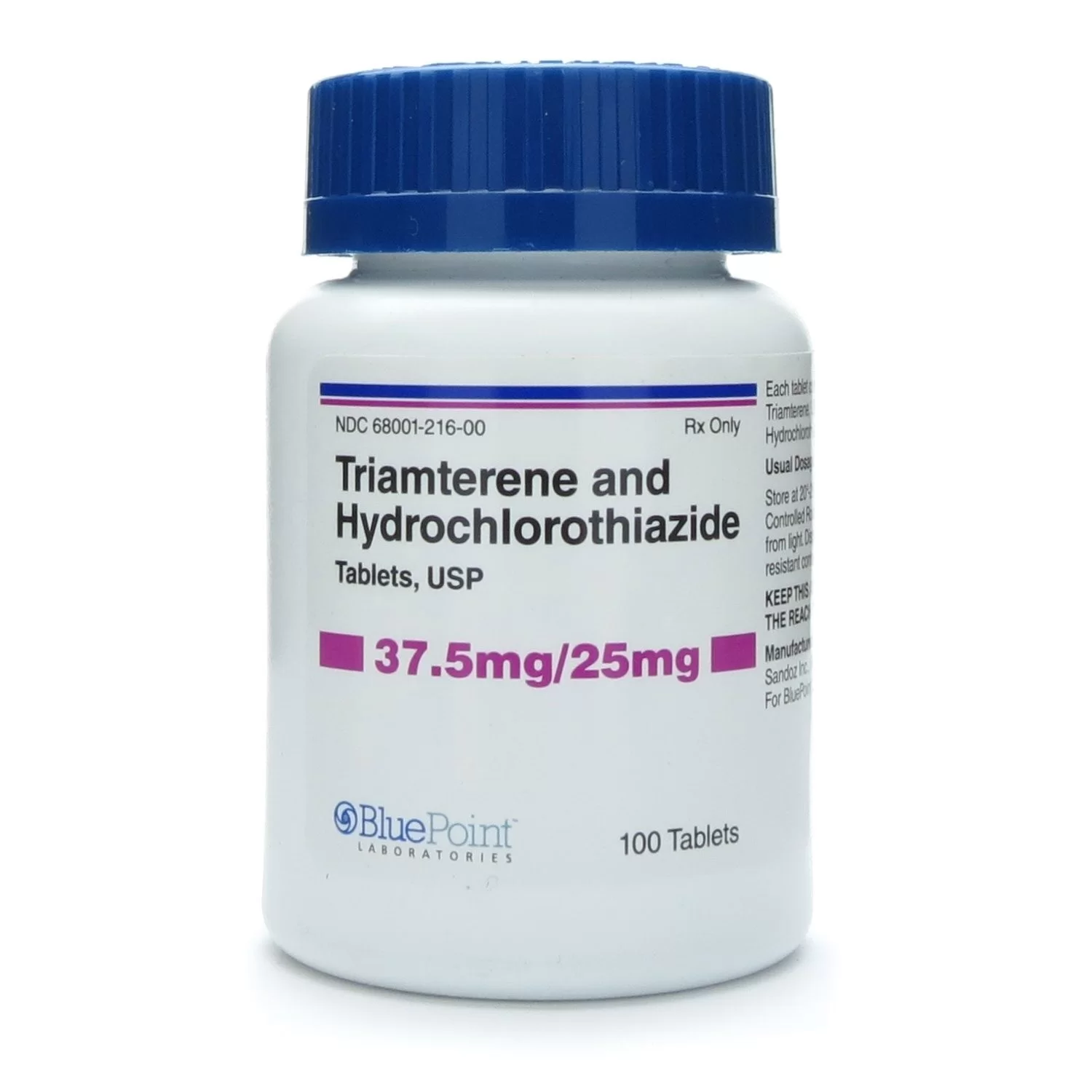
Triamterene
Product not found.
Overview of Triamterene
General Introduction to Triamterene
- Triamterene is a potassium-sparing diuretic used to treat edema and hypertension. It helps prevent the body from absorbing too much salt and keeps potassium levels from dropping too low. Triamterene is often combined with other diuretics that help remove excess fluid but can cause potassium loss.
Key Benefits and Unique Properties of Triamterene
- Potassium-Sparing: Helps retain potassium while removing excess fluid, reducing the risk of hypokalemia.
- Effective Edema Management: Treats fluid retention due to various conditions, including heart failure, liver cirrhosis, and nephrotic syndrome.
- Hypertension Control: Assists in lowering blood pressure when used in combination with other antihypertensive medications.
- Combination Therapy: Often combined with thiazide diuretics to enhance diuretic effect and balance potassium levels.
- Alternative to Other Diuretics: Suitable for patients who require diuretic therapy but are at risk of low potassium levels with other diuretics.
Effectiveness of Triamterene
- Clinical studies have shown that Triamterene effectively manages edema and hypertension, particularly when used in combination with other diuretics. It helps maintain potassium balance, which is crucial for patients prone to hypokalemia.
Safety and Tolerability of Triamterene
- Triamterene is generally well-tolerated. Common side effects include nausea, vomiting, diarrhea, and dizziness. Serious side effects are rare but can include kidney stones, hyperkalemia, and allergic reactions. Regular monitoring of electrolytes and kidney function is recommended.
Indications for Use of Triamterene
Diseases and Conditions Treated by Triamterene
- Triamterene is indicated for the treatment of edema associated with congestive heart failure, cirrhosis of the liver, and nephrotic syndrome. It is also used in combination with other antihypertensive agents to manage hypertension.
Primary Symptoms and Indications for Triamterene
- Edema: Reduces fluid retention in conditions such as heart failure, liver cirrhosis, and nephrotic syndrome.
- Hypertension: Helps lower blood pressure, particularly when used in combination with other antihypertensive medications.
Dosage and Administration of Triamterene
Recommended Dosage of Triamterene
- The typical adult dose for edema is 100-300 mg daily, administered in 1-2 divided doses. For hypertension, the dose is usually 50-100 mg daily, often in combination with other antihypertensive agents.
Timing and Frequency of Triamterene Administration
- Edema: Administered 1-2 times daily, depending on the severity of the condition and the patient's response.
- Hypertension: Typically administered once daily in combination with other antihypertensive medications.
Additional Recommendations for Triamterene Use
- Proper Use: Follow the dosing instructions provided by a healthcare professional. Do not skip doses or discontinue use without consulting your healthcare provider.
- Missed Dose: If a dose is missed, take it as soon as remembered unless it is almost time for the next dose. Do not double the dose to make up for the missed one.
Mechanism of Action of Triamterene
Description of Triamterene Mechanism
- Triamterene works by inhibiting sodium reabsorption in the distal convoluted tubule and collecting duct of the nephron. This action helps retain potassium while promoting the excretion of sodium and water.
Biochemical Processes Involving Triamterene
- Sodium Channel Blockade: Blocks epithelial sodium channels (ENaC) in the kidney, reducing sodium reabsorption and increasing sodium and water excretion.
- Potassium Retention: By blocking sodium reabsorption, Triamterene reduces the exchange of sodium for potassium, leading to potassium retention.
Physiological Effects of Triamterene
- Diuretic Effect: Increases the excretion of sodium and water, reducing fluid retention and edema.
- Potassium-Sparing Effect: Helps retain potassium, preventing hypokalemia often associated with other diuretics.
Composition of Triamterene
Active Ingredients in Triamterene
- The active ingredient in Triamterene is triamterene, which functions as a potassium-sparing diuretic.
Inactive Ingredients in Triamterene
- Inactive ingredients may include microcrystalline cellulose, lactose monohydrate, magnesium stearate, and others depending on the formulation. These ingredients help stabilize the formulation and ensure proper delivery of the medication.
Side Effects of Triamterene
General Introduction
- Understanding potential side effects helps ensure the safe use of Triamterene. Patients should be aware of common and serious side effects to monitor their health effectively while on the medication.
Possible Side Effects of Triamterene
- Common Side Effects: Nausea, vomiting, diarrhea, dizziness, headache, and fatigue. These side effects are usually mild and transient.
- Less Common Side Effects: Some patients may experience dry mouth, rash, muscle cramps, and increased urination.
- Serious Side Effects: Rare but serious side effects include hyperkalemia, kidney stones, and allergic reactions. Immediate medical attention is required if any serious side effects occur.
Frequency and Severity of Triamterene Side Effects
- Common side effects are generally mild and do not significantly interfere with daily activities. Severe side effects are rare but can be serious, necessitating immediate medical intervention. Regular follow-ups and patient education on correct usage can minimize risks.
Prevention of Side Effects of Triamterene
General Introduction
- Preventing side effects is key to maximizing the therapeutic benefits of Triamterene. By following preventive measures, patients can reduce the likelihood of experiencing adverse reactions.
Tips for Preventing Triamterene Side Effects
- Proper Technique: Use Triamterene as directed, following the instructions for proper administration.
- Regular Monitoring: Regular check-ups with healthcare providers can help detect and manage potential side effects early.
- Healthy Practices: Avoid foods high in potassium and drink plenty of fluids to reduce the risk of kidney stones.
- Consult Healthcare Providers: Inform your healthcare provider about any other medications or supplements to avoid potential interactions.
Contraindications for Triamterene
General Introduction
- Understanding contraindications ensures the safe use of Triamterene. Certain conditions and diseases may preclude the use of this medication.
Conditions and Diseases Contraindicating Triamterene
- Hypersensitivity: Patients with a known hypersensitivity to Triamterene or any of its components should not use this medication. Allergic reactions can include symptoms such as rash, itching, swelling, and difficulty breathing.
- Hyperkalemia: Contraindicated in patients with elevated potassium levels due to the risk of life-threatening hyperkalemia.
- Severe Renal Impairment: Should not be used in patients with severe kidney dysfunction or anuria.
- Pregnancy and Breastfeeding: Not recommended during pregnancy and breastfeeding due to potential risks to the fetus and infant.
Warnings/Precautions for Triamterene
General Introduction
- Following precautions is essential to ensure the safe and effective use of Triamterene. Patients should be informed about potential risks and how to mitigate them.
Important Warnings for Triamterene
- Electrolyte Imbalance: Monitor potassium levels regularly to avoid hyperkalemia.
- Kidney Function: Regularly assess kidney function to prevent potential renal complications.
- Dehydration: Ensure adequate hydration to reduce the risk of dehydration and kidney stones.
Precautions for Triamterene Use
- Regular Monitoring: Regular check-ups with healthcare providers are essential to monitor for potential side effects and ensure effective treatment.
- Patient Education: Patients should be educated on the proper use of Triamterene, recognizing signs of serious side effects, and when to seek medical help.
Missed Dose of Triamterene
General Introduction
- Proper management of missed doses helps maintain effective treatment outcomes. Patients should be aware of how to handle missed doses to avoid disruptions in their treatment regimen.
Steps to Take if a Dose is Missed
- Timely Action: Take the missed dose as soon as remembered unless it is almost time for the next dose.
- Avoid Doubling: Do not double the dose to make up for the missed one. Instead, continue with the next dose as scheduled.
Tips for Adherence to Dosing Schedule
- Set Reminders: Use alarms or reminders on your phone to remember to take your doses.
- Consistent Routine: Take the medication at the same time every day to reduce the likelihood of missing a dose.
- Medication Organizer: Use a pill organizer to keep track of your doses and avoid missing any.
Drug Interactions with Triamterene
General Introduction
- Understanding drug interactions is crucial for ensuring the safe use of Triamterene. Some medications can affect the action of Triamterene or increase the risk of side effects.
Examples of Drug Interactions
- ACE Inhibitors and ARBs: Using Triamterene with ACE inhibitors (e.g., lisinopril) or ARBs (e.g., losartan) can increase the risk of hyperkalemia.
- Potassium Supplements: Combining Triamterene with potassium supplements or salt substitutes containing potassium can lead to dangerous levels of potassium in the blood.
- NSAIDs: Nonsteroidal anti-inflammatory drugs (NSAIDs) like ibuprofen can reduce the effectiveness of Triamterene and increase the risk of kidney damage.
- Lithium: Co-administration with lithium can increase lithium toxicity.
Preventing Negative Interactions
- Inform Healthcare Providers: Inform your healthcare provider about all medications and supplements you are taking.
- Monitor for Symptoms: Watch for signs of side effects or unusual reactions and report them to your healthcare provider promptly.
Overdose of Triamterene
Symptoms of Overdose
- Common Symptoms: Nausea, vomiting, dizziness, and dehydration.
- Severe Symptoms: Signs of hyperkalemia, such as muscle weakness, irregular heartbeat, and severe kidney dysfunction.
Immediate Actions in Case of Overdose
- Seek Medical Help: Immediately seek medical attention if an overdose is suspected.
- Supportive Measures: Medical personnel may provide supportive measures such as monitoring vital signs, administering activated charcoal, and providing symptomatic treatment.
Pharmacokinetics of Triamterene
Absorption
- Rate and Extent: Triamterene is well-absorbed after oral administration, with peak plasma concentrations occurring within 2-4 hours.
Distribution
- Tissue Distribution: Widely distributed throughout body tissues, with high concentrations in the kidneys and liver.
Metabolism
- Metabolic Pathways: Metabolized in the liver to its primary active metabolite, hydroxytriamterene sulfate.
Elimination
- Excretion: Excreted primarily in the urine as metabolites and unchanged drug.
- Half-Life: The half-life of Triamterene is approximately 3 hours, while its active metabolite has a half-life of about 4 hours.
Dosage Forms of Triamterene
Available Forms and Strengths
- Oral Capsules: 50 mg and 100 mg.
- Combination Tablets: Often combined with hydrochlorothiazide in various strengths.
Advantages of Different Forms
- Oral Capsules: Convenient for daily administration.
- Combination Tablets: Provide the benefits of both potassium-sparing and thiazide diuretic effects, balancing potassium levels while effectively managing edema and hypertension.
Pregnancy and Breastfeeding
Safety During Pregnancy
- Risks to Fetus: The safety of Triamterene during pregnancy has not been fully established. Animal studies have shown adverse effects, but human data is limited.
- Recommendations: Triamterene should only be used during pregnancy if the potential benefits justify the potential risks to the fetus.
Safety During Breastfeeding
- Excretion in Breast Milk: Triamterene is excreted in breast milk in small amounts.
- Recommendations: Due to potential risks to the breastfeeding infant, it is recommended to avoid using Triamterene while breastfeeding unless necessary.
Storage Conditions
General Storage Recommendations
- Storage Temperature: Store at room temperature between 20°C to 25°C (68°F to 77°F).
- Protection from Light and Moisture: Keep in the original packaging, protected from light and moisture.
Shelf Life
- Expiration Date: Check the expiration date on the package and do not use the medication after it has expired.
Clinical Trials and Efficacy
Overview of Clinical Trials
- Study Design and Methods: Clinical trials include randomized controlled trials assessing the efficacy and safety of Triamterene in the treatment of edema and hypertension.
Key Findings and Conclusions
- Efficacy Results: Studies have shown that Triamterene is effective in reducing edema and controlling blood pressure, particularly when used in combination with other diuretics.
- Safety Profile: Side effects are generally mild and transient, with serious side effects being rare when used correctly.
Conclusion
Summary of Key Aspects:
- Triamterene is a potassium-sparing diuretic that effectively manages edema and hypertension. It provides significant benefits in preventing hypokalemia and is particularly useful when combined with other diuretics.
Recommendations for Improving Therapy:
- Follow healthcare professional instructions to optimize treatment and minimize the risk of side effects. Regular check-ups and informing your doctor of any health changes will help maintain the effectiveness of the therapy.
Final Conclusion:
- Triamterene provides essential support in managing fluid retention and high blood pressure, helping to improve the quality of life for patients. Proper use and adherence to precautions maximize the therapeutic benefits and minimize risks.
